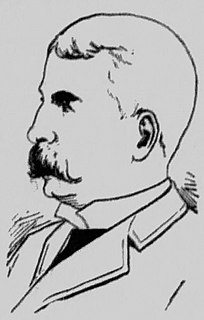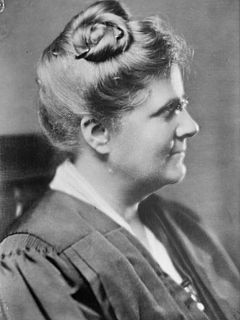A Quote by Stjepan Mesic
It's a pity that Milosevic did not live through the trial and get his deserved sentence.
Related Quotes
What a pity that Bilbo did not stab that vile creature, when he had a chance!' Pity? It was Pity that stayed his hand. Pity, and Mercy: not to strike without need. And he has been well rewarded, Frodo. Be sure that he took so little hurt from the evil, and escaped in the end, because he began his ownership of the Ring so. With Pity.
I have so many really gifted friends, actors who I thought deserved as much as I did to get an agent or a job, or deserved more, and just never made it through somehow. I've always been really fiercely tethered to that. You know, I've been very lucky. All the filmmakers I've worked with have taken my desire to educate myself very seriously.
The first sentence of the truth is always the hardest. Each of us had a first sentence, and most of us found the strength to say it out loud to someone who deserved to hear it. What we hoped, and what we found, was that the second sentence of the truth is always easier than the first, and the third sentence is even easier than that. Suddenly you are speaking the truth in paragraphs, in pages. The fear, the nervousness, is still there, but it is joined by a new confidence. All along, you've used the first sentence as a lock. But now you find that it's the key.
Every trial a man goes through, if he is faithful in that trial and does honor to God and his religion he has espoused, at the end of that trial or affliction that individual is nearer to God, nearer in regard to the increase of faith, wisdom, knowledge and power, and hence is more confident in calling upon the Lord for those things he desires.
I know some of you are Thinking maybe I deserved it. But before you start pointing Fringers, let me ask you Is what I did really so bad? So bad I deserved to die? So bad I deserved to die like that? Is what I did really much worse Then what anybody else does? Is it really so much worse Than what you do?
Writing is linear and sequential; Sentence B must follow Sentence A, and Sentence C must follow Sentence B, and eventually you get to Sentence Z. The hard part of writing isn't the writing; it's the thinking. You can solve most of your writing problems if you stop after every sentence and ask: What does the reader need to know next?
Every sentence has a truth waiting at the end of it and the writer learns how to know it when he finally gets there. On one level this truth is the swing of the sentence, the beat and poise, but down deeper it's the integrity of the writer as he matches with the language. I've always seen myself in sentences. I begin to recognize myself, word by word, as I work through a sentence. The language of my books has shaped me as a man. There's a moral force in a sentence when it comes out right. It speaks the writer's will to live.


































